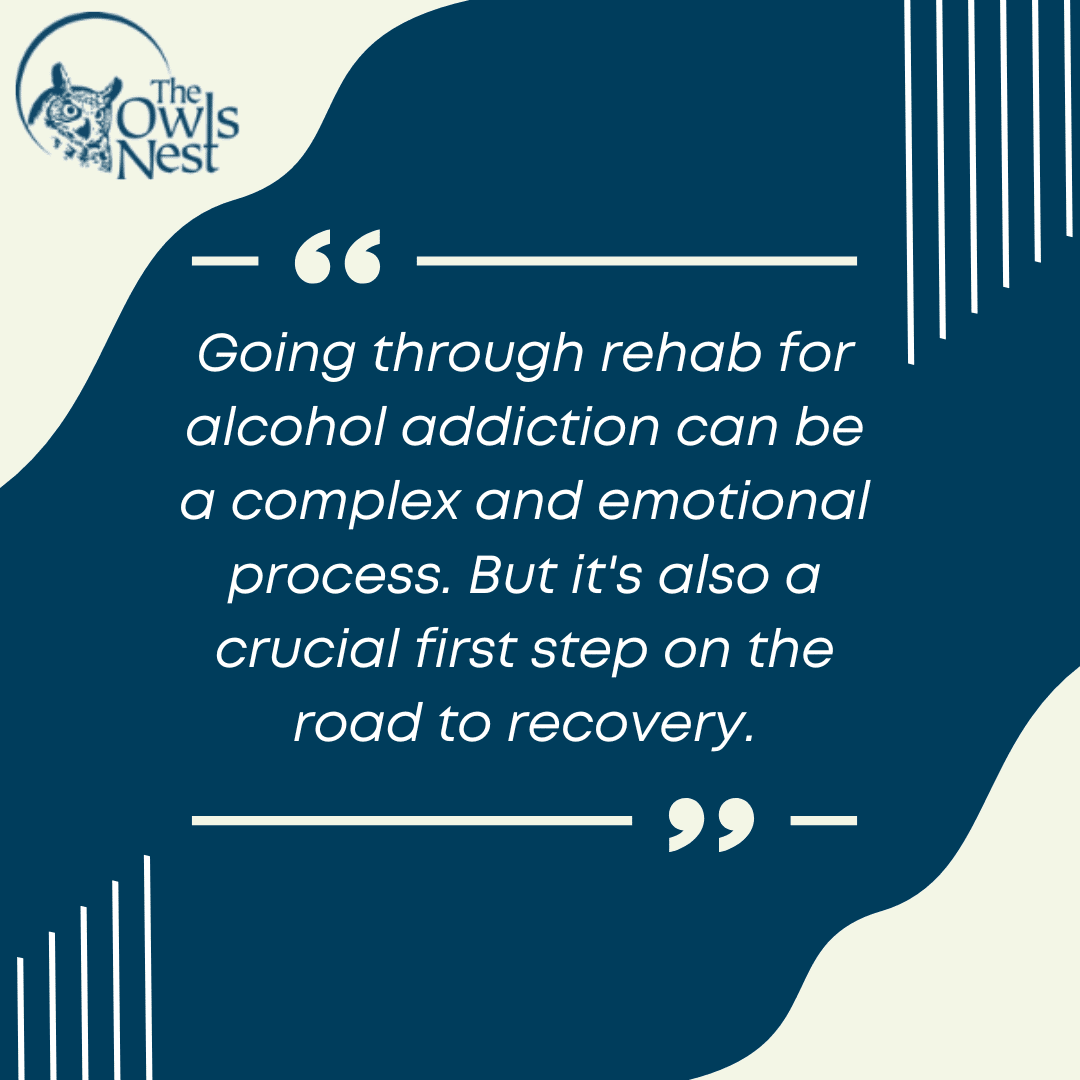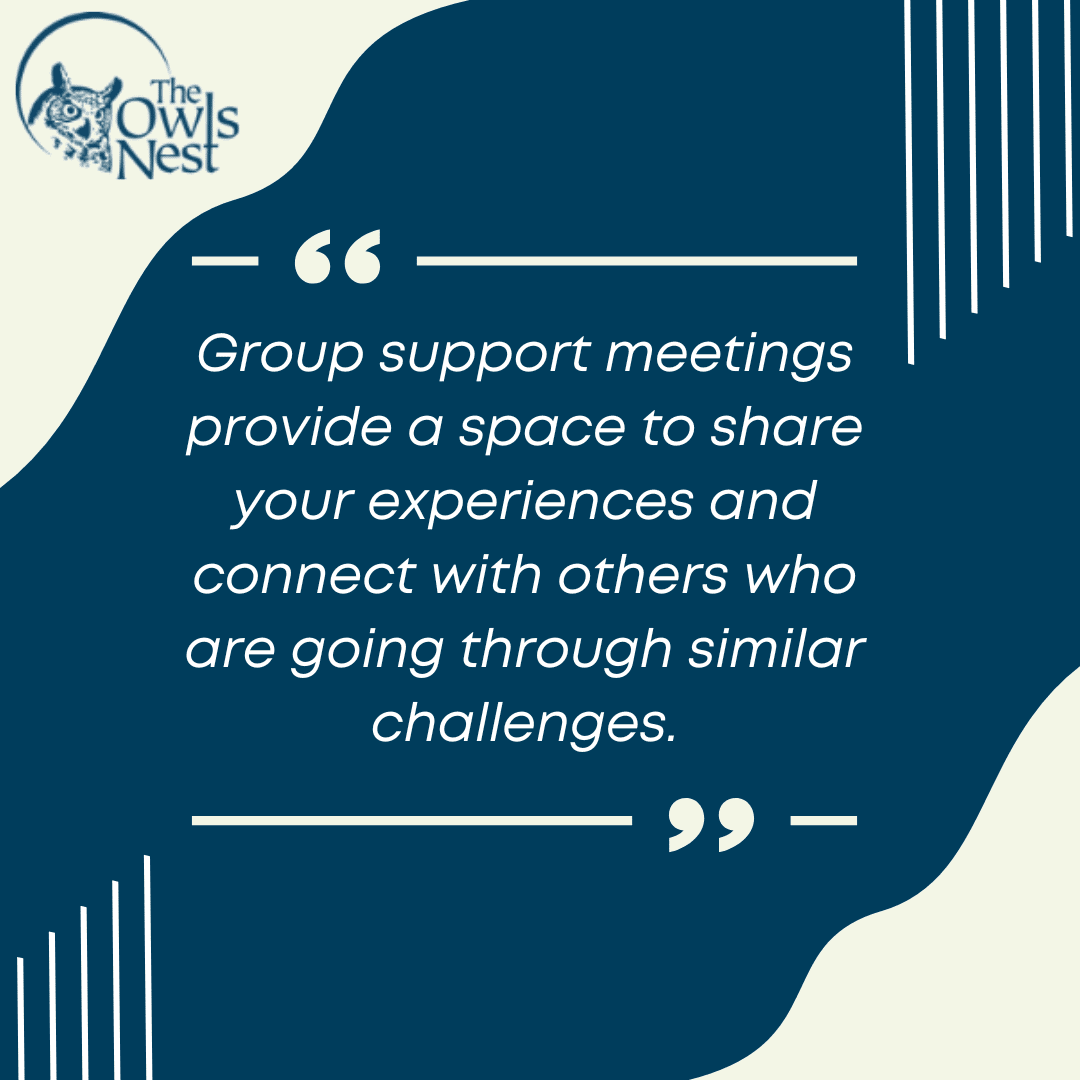If you or somebody you know is struggling with alcohol addiction, it is essential to seek professional help. Alcohol rehab programs can provide the treatment and support needed to help someone on the road to recovery. But what exactly goes on during alcohol rehab?
Going through rehab for alcohol addiction can be a complex and emotional process. But it is also a crucial first step on the road to recovery. The goal of rehab is to help you stop drinking, learn how to live without alcohol, and make healthy choices in the future.
Rehab programs vary in terms of length, approach, and cost. But most will provide some combination of detoxification, counseling, and group support. This article will discuss the different types of treatments included in an alcohol rehab program.

What Is An Alcohol Rehab Program?
Before we get into the different types of treatments, it’s essential to understand what an alcohol rehab program is. Rehab programs are designed to help people who are struggling with addiction to alcohol.
They can be either inpatient or outpatient. Inpatient rehab requires you to stay at the treatment facility for a certain period, usually 30 days or more. Outpatient rehab allows you to live at home and come to the facility for daily treatment.
Types of Treatments in an Alcohol Rehab Program
As mentioned, there are different types of treatments included in an alcohol rehab program, such as:
Detoxification
The first step in most rehab programs is detoxification, when your body clears itself of alcohol and other drugs. This process can be difficult and uncomfortable, and it’s crucial to have medical supervision while you detox.
According to the National Institute on Alcohol Abuse and Alcoholism (NIAAA), symptoms of alcohol withdrawal can include:
- Anxiety
- Agitation
- Depression
- Fatigue
- Headache
- Insomnia
- Irritability
- Loss of appetite
- Mood swings
- Nightmares
- Sweating
- Tremors
Detoxification usually takes a few days to a week. Once you’re through the worst of it, you can begin other types of treatment.

Counseling and Therapy
After detox, you’ll likely participate in individual and group counseling. This is an essential part of rehab, as it allows you to talk about your addiction and its impact on your life. You’ll also learn how to cope with triggers and cravings and develop healthy coping mechanisms.
Common types of therapy used in alcohol rehab include:
- Cognitive-behavioral therapy helps you identify negative thoughts and behaviors and replace them with more positive ones.
- Motivational interviewing: This approach helps you explore your ambivalence about change and find the internal motivation to stay sober.
- Dialectical behavior therapy can help you manage strong emotions and improve your relationships.
Group Support
You’ll also participate in group support meetings while in rehab. These meetings provide a space to share your experiences and connect with others who are going through similar challenges. Group support can be incredibly helpful in maintaining sobriety after you leave rehab.
Common types of group support include:
- Alcoholics Anonymous (AA): AA is a 12-step program that emphasizes the importance of admitting powerlessness over alcohol and finding a higher power to help with recovery. Moreover, members must abstain from drinking.
- SMART Recovery: This is a 4-step program that focuses on self-empowerment and making positive choices.
- Residential Rehab: If you’re struggling with a severe addiction, you may benefit from a residential rehab program. These programs provide 24-hour care and support in a safe and structured environment. Residential rehab programs usually last 30 days or more. They typically include all of the treatments discussed above and additional services like recreation and wellness activities.
- LifeRing Secular Recovery: This secular approach focuses on staying sober one day at a time.

Cost of Alcohol Rehab
The cost of alcohol rehab varies depending on your chosen program and treatment length. According to the NIAAA, the average cost of an outpatient program is $1,368, while an inpatient program is $14,700.
Most insurance plans will cover at least some of the cost of alcohol rehab. If you don’t have insurance, there are many options for financing treatment, including grants, scholarships, and sliding-scale fees.
Aftercare Planning
When you’re nearing the end of your time in rehab, your treatment team will help you develop an aftercare plan. This plan outlines the steps you need to take to maintain sobriety after you leave rehab.
Your aftercare plan may include:
- Attending AA or another support group
- Participating in outpatient treatment
- Seeing a therapist or counselor regularly
- Staying in touch with your sober friends and family
- Making healthy lifestyle changes, such as eating a nutritious diet and exercising regularly
An aftercare plan gives you a road map to follow as you transition back into your everyday life. Following your plan can help you avoid relapse and maintain sobriety in the long term.

Advantages of Alcohol Rehab Program
An alcohol rehab facility program offers many advantages over trying to quit drinking on your own. These advantages include:
- Professional detox: If you try to quit drinking without professional help, you may experience uncomfortable and dangerous withdrawal symptoms. An alcohol rehab program will provide medical care and supervision during detox to keep you safe and comfortable.
- Therapy and counseling: In therapy, you’ll learn about the root causes of your addiction and how to cope with triggers and cravings. This knowledge can help you avoid relapses in the future.
- Group support: Group support meetings provide a space to share your experiences and connect with others who are going through similar challenges. This social support can be incredibly helpful in maintaining sobriety after you leave rehab.
Moreover, an alcohol rehab program can help you manage strong emotions and improve your relationships.
Choosing an Alcohol Rehab Program
When you’re ready to seek help for your alcohol addiction, choosing a reputable and accredited treatment program is essential. The best programs are tailored to your individual needs and offer a full continuum of care.
To find an alcohol rehab program right for you, start by talking to your doctor or mental health professional. They can make referrals and recommendations based on your unique situation. You can also search The Owls Nest to find programs in your area. The Owls Nest alcohol rehab clinic has provided expert care and has been the best alcohol rehab in South Carolina for years.
When you’re ready to take the next step, call The Owls Nest to speak with a treatment specialist from their alcohol rehab center who can answer all your questions and help you find the right program.

Comments